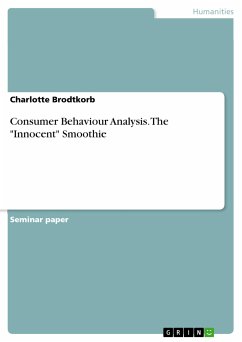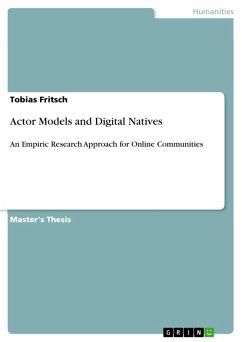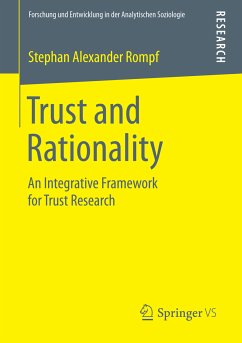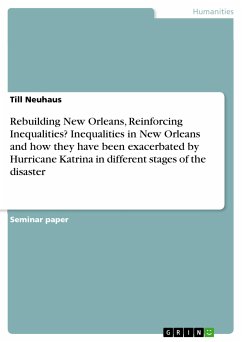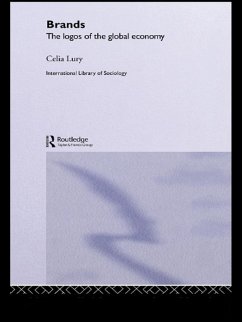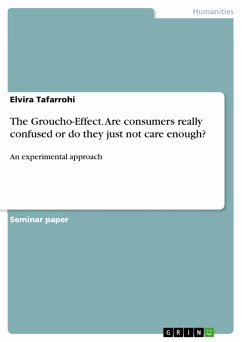
The Groucho-Effect. Are consumers really confused or do they just not care enough? (eBook, PDF)
An experimental approach
Sofort per Download lieferbar
Statt: 9,99 €**
5,99 €
inkl. MwSt. und vom Verlag festgesetzt.
**Preis der gedruckten Ausgabe (Broschiertes Buch)
Alle Infos zum eBook verschenkenWeitere Ausgaben:

PAYBACK Punkte
0 °P sammeln!
Seminar paper from the year 2018 in the subject Sociology - Consumption and Advertising, grade: 1,9, University of Innsbruck, language: English, abstract: The purpose of this paper is to test some of the hypotheses and assumptions of the Groucho-paper to shed some light on what consumers really think and if labels increase the perceived quality of a product and, thus, increase the willingness to pay of consumers. This effect plays a major role for credence good, i.e. those goods where the consumer has to believe they are of a certain quality. Whenever you open a newspaper there might be an art...
Seminar paper from the year 2018 in the subject Sociology - Consumption and Advertising, grade: 1,9, University of Innsbruck, language: English, abstract: The purpose of this paper is to test some of the hypotheses and assumptions of the Groucho-paper to shed some light on what consumers really think and if labels increase the perceived quality of a product and, thus, increase the willingness to pay of consumers. This effect plays a major role for credence good, i.e. those goods where the consumer has to believe they are of a certain quality. Whenever you open a newspaper there might be an article about global warming, about critically endangered animal species, or air pollution and the health consequences. Those articles should be like a wake-up call to finally change peoples' behaviour and save the environment, and lastly ourselves. Then you go to the supermarket and you see normal products and some products claiming to be "green", "eco-friendly", "fair" or "produced responsible" others with labels on it to prove it. What those labels really prove is often not clear to the consumers. This is when we speak about label credence goods.
Dieser Download kann aus rechtlichen Gründen nur mit Rechnungsadresse in A, B, BG, CY, CZ, D, DK, EW, E, FIN, F, GR, HR, H, IRL, I, LT, L, LR, M, NL, PL, P, R, S, SLO, SK ausgeliefert werden.






